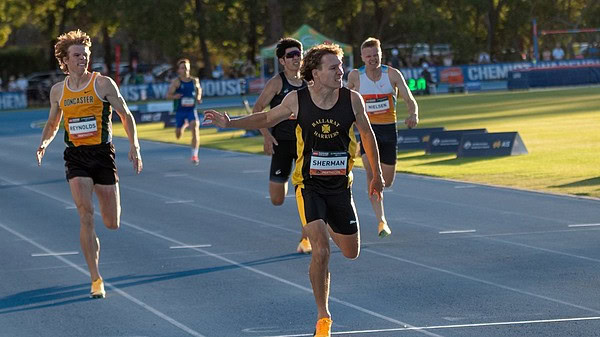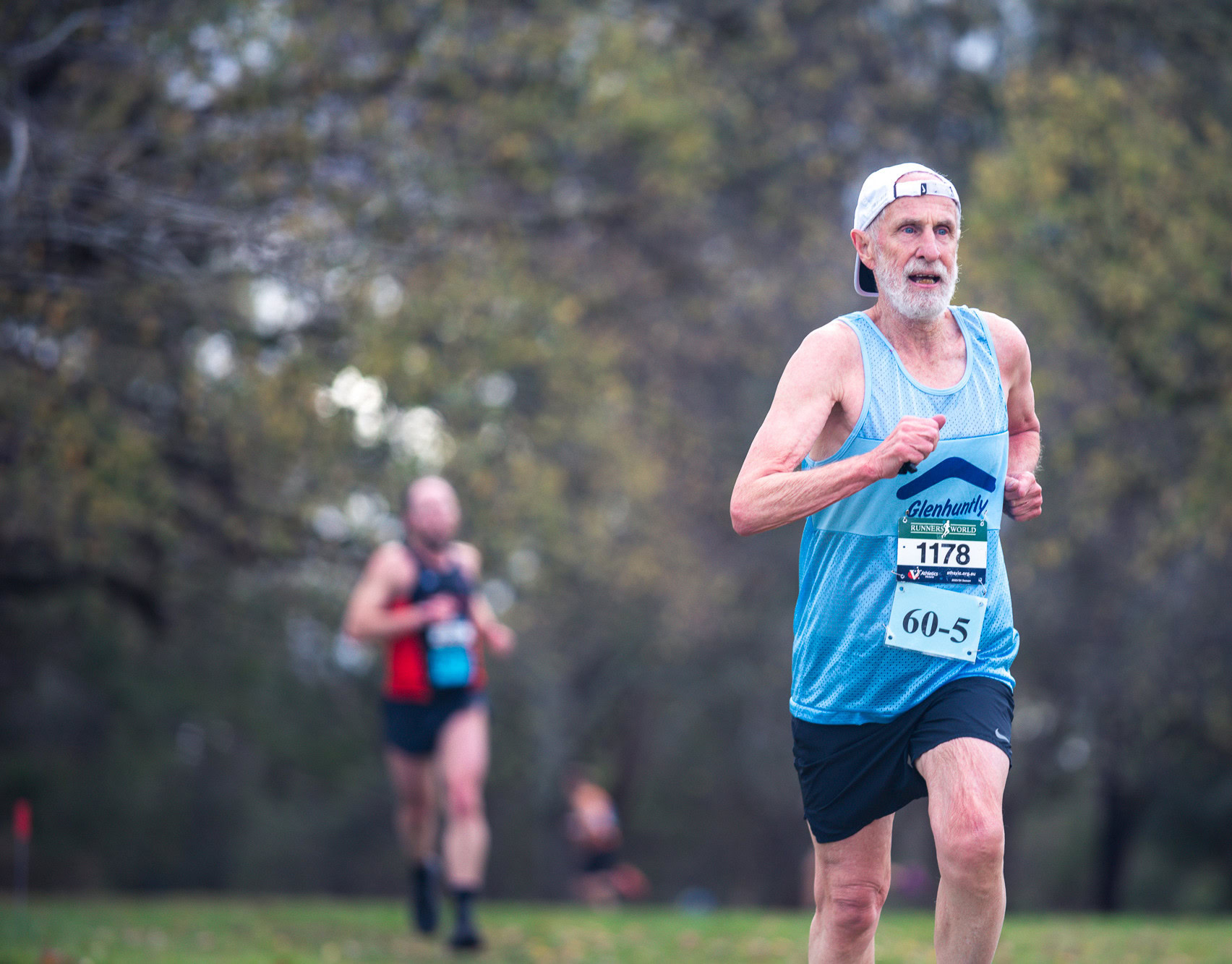In this edition of Inside Track, we revisit the athlete-led fight that kept Australia in the 1980 Olympics, learn of Darren Clark’s rise, fall and redemption, unpack the financial fallout rocking Michael Johnson’s Grand Slam Track league, and look ahead to the World Championships with new eligibility rules making waves. Plus, a 16-year-old Japanese sprinter breaks barriers with a blistering 10.00 performance.
Let’s dive in.
Running Against the Tide: How Chris Wardlaw Helped Australia Say Yes to Moscow
Source: Australian Athletics
In 1980, Australian distance runner Chris Wardlaw wasn’t just preparing for the Moscow Olympics: he was fighting to make sure the team could go. As global pressure to boycott the Games grew following the Soviet invasion of Afghanistan, Wardlaw emerged as a leading voice for athletes’ rights, helping to form the Defend the Olympics Committee and lobbying the Australian Olympic Federation.
With support from figures like Ron Clarke and telegram campaigns to parliament, Wardlaw’s advocacy helped sway the final vote: a narrow 6–5 decision in favour of sending a team. Australia marched in the opening ceremony under the Olympic flag, and 45 years later, that team has been formally acknowledged in Parliament.
“I’m absolutely totally opposed to any boycott of the Olympic Games. Under any circumstances.”
This powerful retrospective highlights the impact of athlete voices and the enduring legacy of the 1980 team — including those who competed and those who were denied the chance.
👉 Read the full feature at Australian Athletics
Darren Clark’s Second Lap: From Olympic Glory to Rock Bottom — and Back
Source: Daily Mail Australia
Australian 400m legend Darren Clark was a national icon in the 1980s — a dual Olympic finalist and Commonwealth Games gold medallist with movie-star charisma and unmatched speed. But after retiring, Clark spiralled into a decades-long battle with drug addiction, mental health issues, and repeated run-ins with the law.
Now approaching 60, he’s turned a corner.
Living clean and focused, Clark is helping coach his 23-year-old son Zen, a rising 400m talent in his own right. He’s also offering advice to the next generation — especially sprint star Gout Gout, whose rapid rise echoes Clark’s own.
“When the spotlight goes away… I was pretty much in the wilderness,” Clark said.
“If I was in Gout’s corner, I’d say: enjoy the ride, but have something ready for after.”
👉 Full profile on Daily Mail Australia
Grand Slam Track’s Cash Crisis: Johnson Blames Investor Withdrawal for $13M Athlete Debt
Source: Front Office Sports
Track startup Grand Slam Track is facing a financial meltdown after a key investor failed to deliver promised funds, founder Michael Johnson has confirmed. The league, which launched with ambitious prize money and big promises, now owes at least $13 million to athletes and vendors — including unpaid appearance fees and missed venue payments.
Johnson says the investor pulled out after attending the league’s debut in Jamaica, allegedly spooked by economic shifts tied to President Trump’s new tariff policy. As pressure mounts from athletes (including public pleas from Gabby Thomas) and criticism from World Athletics President Seb Coe, Johnson insists the league will pay its debts and return in 2026.
“We probably went too fast. We’ve got to get this right — we’ve got to get our athletes and vendors taken care of.”
Despite laying off staff and cutting salaries, Johnson claims new investors are showing interest, and that Grand Slam Track’s TV and social media metrics prove the appetite for pro athletics is real.
👉 Full story at Front Office Sports
World Athletics Sets September 1 Gene Test Deadline Ahead of Tokyo Worlds
Source: ABC News
World Athletics has confirmed a September 1 deadline for all athletes competing at the 2025 World Championships in Tokyo to pass a gene test confirming eligibility for the women’s category.
The once-in-a-lifetime test, designed to detect the presence of a Y chromosome, will apply to all elite female athletes. The ruling follows years of debate and legal action, incl\uding Caster Semenya’s recent victory at the European Court of Human Rights — a decision that found flaws in the legal process but did not overturn the sport’s rules.
President Sebastian Coe defended the policy, saying:
“At elite level, for you to compete in the female category, you have to be biologically female.”
The tests — administered via cheek swab or dried blood spot — are being coordinated by national federations, with World Athletics covering part of the cost. The updated policy consolidates rules for both DSD and transgender athletes, with the latter group currently not represented at elite level.
Teen Sensation Sorato Shimizu Clocks 10.00 to Break World U18 Best
Source: The Japan News
Japan’s sprinting future looks electric.
At just 16 years old, Sorato Shimizu delivered a jaw-dropping 10.00-second run to win the boys’ 100m at the Inter High School Championships in Hiroshima — breaking the previous World U18 best of 10.06 and tying for fifth-fastest Japanese man in history.
Shimizu, a second-year student at Seiryo High School, also surpassed Yoshihide Kiryu’s long-standing national high school record, cementing himself as a name to watch. The performance makes him eligible for selection to Japan’s team for the upcoming World Championships in Tokyo.
“Winning at Inter High was a goal of mine,” Shimizu said. “And I’m glad I could get into the 10.00 range.”
A new star has arrived — just in time for a home Worlds.
👉 Read the full report via The Japan News














